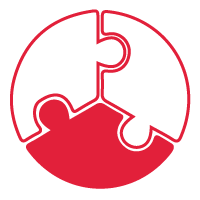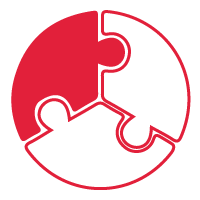Undergraduate Program Personnel
| Name | Position Title | Phone | Email Address |
|---|---|---|---|
| Amy O. Burk | Professor, Director of Undergraduate Program | 301-405-8337 | amyburk@umd.edu |
| Victoria Pearlman | Assistant Director of Undergraduate Program | 301-405-1373 | vlake@umd.edu |
| Ashley Montalvan | Academic Programs Coordinator | 301-405-5781 | amontal1@umd.edu |
ANSC Program Goals
The curriculum in the B.S. in Animal & Avian Science degree is designed around seven course learning objectives. We use these learning objectives to build our courses sequentially so that graduates in our program are well-rounded in the discipline and ready to start careers or further education working with animals.
Careers & Opportunities in ANSC
Graduates of the ANSC undergraduate program will be able to describe at least five career options available to them with the knowledge, skills, and experience they receive as undergraduates and identify specific job opportunities that match their abilities, experience, and interests.
Animal Structure & Function
Graduates of the ANSC undergraduate program will be able to correctly apply their knowledge of anatomy and physiology of domestic animals to explain normal homeostatic functioning of program-specific domestic species at the organismal, tissue, cellular, and molecular levels. Students will be able to adapt that knowledge to address abnormalities in at least one body system.
Safely Handle Animals
Graduates of the ANSC undergraduate program will be able to safely approach, restrain, and move horses, sheep, dairy cows, pigs, chickens and other species specific to their curricula.
Animal Husbandry Requirements
Graduates of the ANSC undergraduate program will be able to apply animal science knowledge and research to the creation of rational, feasible, and legal animal management programs that take into consideration appropriate nutrition, husbandry, health, reproduction, and welfare considerations.
Animal Science Literacy
Graduates of the ANSC undergraduate program will be able to select, understand, and critically evaluate scientific studies in animal sciences disciplines such that they employ research that is applicable, timely, accurate, and useful for their animal care and management needs.
Knowledge of Major Issues in ANSC
Graduates of the ANSC program will be well-versed in the issues related to animal agriculture such that they contribute to societal debates around issues such as the future of farming, the use of antibiotics in animal agriculture, sustainability of our animal farms, animal welfare, farm worker needs, and scaling agricultural enterprises up and down to meet our growing population’s protein needs.
Communication
Graduates of the ANSC undergraduate program will be able to communicate effectively with the public, producers, and the scientific community through oral, written, and visual means in print and on-line.
DEIR
Graduates of the ANSC undergraduate program will be able to analyze how racial, cultural, economic, ability/disability, and gender have shaped and are shaped by animal science-related industries AND propose strategies for making their professions more just, equitable, and inclusive for all.
Courses Summary
Our curriculum is comprised of 4 sets of courses:
Core ANSC Courses
All ANSC majors take a core set of courses designed to provide them with the fundamental science background they will need. These courses include:
- ANSC 101 - Introduction to Animal Sciences
- ANSC 103 - Principles of Animal Science Lab
- ANSC 201- Anatomy and Physiology of Domestic Animals
- ANSC 314 - Comparative Animal Nutrition
- ANSC 315 - Applied Animal Nutrition
- ANSC 401- Animal Growth and Development for Production Agriculture
Animal Management Courses
In these 200-level courses, students learn more about the care and management of a specific species or related set of species. These courses include:
- ANSC 220 - Livestock Management
- ANSC 232 - Horse Management
- ANSC 245 - Sheep Management
- ANSC 237 - Equine Reproductive Management
- ANSC 242 - Dairy Cattle Management
- ANSC 246 - Beef Management
- ANSC 247 - Goat Management
- ANSC 250 - Companion Animal Management
- ANSC 255 - Introduction to Aquaculture
- ANSC 260 - Laboratory Animal Management
- ANSC 262 - Commercial Poultry Management
- ANSC 282 - Grazing Animal Management
Lower Division Electives
In these 100 and 200-level courses, students can learn material related to their first two years of the curriculum. These courses include:
- ANSC 105 - Horse Care Practicum
- ANSC 115 - Careers in Animal Science
- ANSC 120 - Introduction to Dairy Judging
- ANSC 121 - Introduction to Livestock Judging
- ANSC 210 - Veterinary Terminology
- ANSC 227 - Eating with Eyes Wide Open
- ANSC 252 - Introduction to Diseases of Wildlife
- ANSC 270 - Animal Enterprise Management
Advanced ANSC Electives
In these 300 and 400-level courses, students get an in-depth consideration of topics important to animal science research and practice. These courses include:
- ANSC 330 - Equine Science
- ANSC 340 - Health Management of Animal Populations
- ANSC 359 - Internship Experience in Animal and Avian Sciences
- ANSC 410 - The Gut Microbiome and it's Roles in Health and Disease
- ANSC 417 - Regulatory Issues in Animal Care and Management
- ANSC 435 - Experimental Embryology
- ANSC 436 - Animal Health Policy and Communication
- ANSC 437 - Animal Biotechnology
- ANSC 440 - Zoonotic Diseases and Control
- ANSC 443 - Physiology of Lactation
- ANSC 444 - Domestic Endocrinology
- ANSC 445 - Comparative Digestive Physiology
- ANSC 446 - Physiology of Mammalian Reproduction
- ANSC 450 - Animal Breeding Plans
- ANSC 452 - Avian Physiology
- ANSC 453 - Animal Welfare and Bioethics
- ANSC 455 - Applied Animal Behavior
- ANSC 460 - Comparative Vertebrate Immunology
- ANSC 4890 - Nutritional Aspects of Metabolic Disease
- ANSC 497 - Animal Biotechnology Recombinant DNA Laboratory
Teaching Faculty
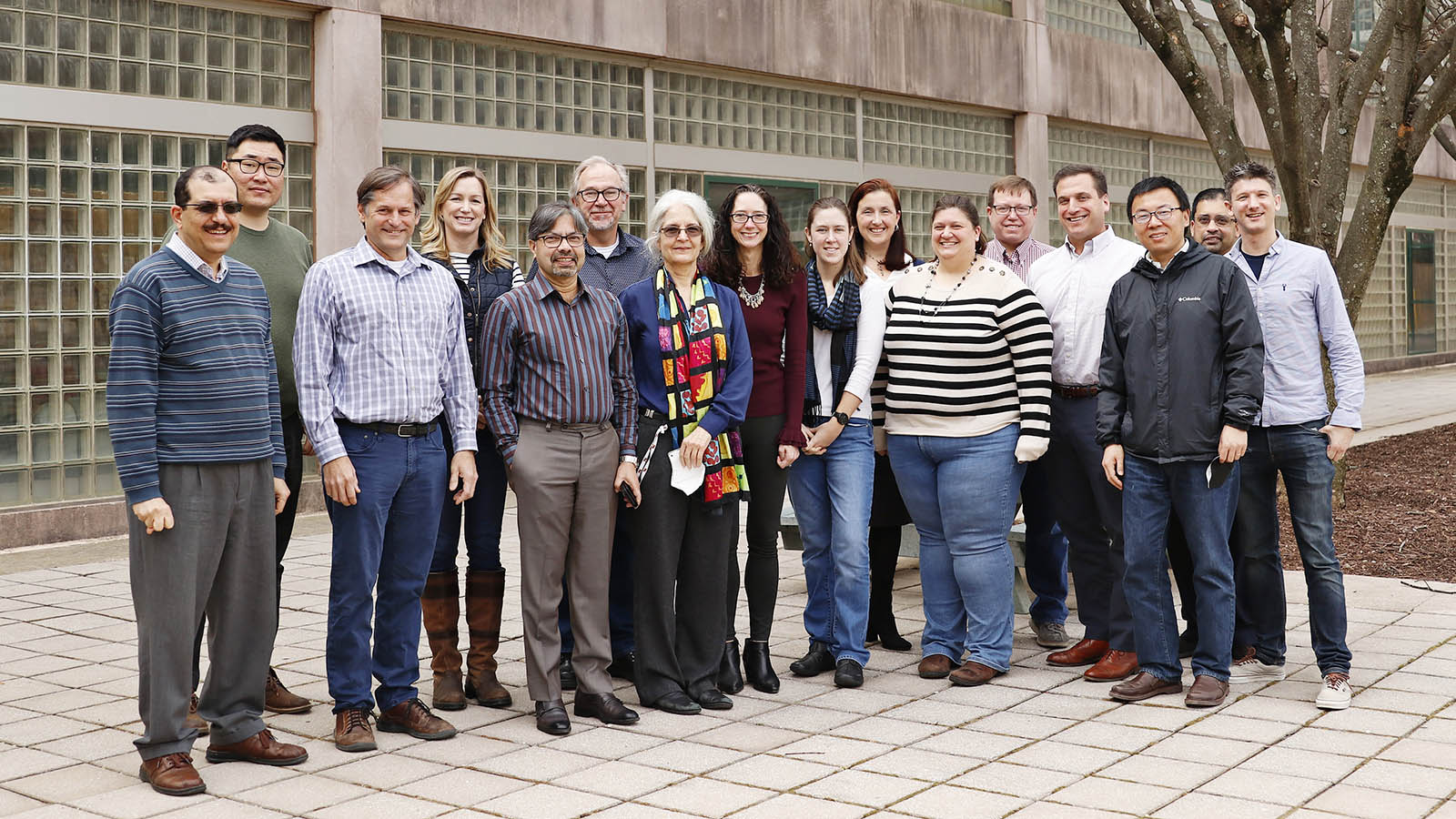 The Department of Animal and Avian Sciences at the University of Maryland is home to world-class tenured and tenure-track faculty, lecturers, and affiliated faculty.
The Department of Animal and Avian Sciences at the University of Maryland is home to world-class tenured and tenure-track faculty, lecturers, and affiliated faculty.
ANSC Undergraduate Faculty:
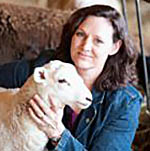
Angela Black
Anatomy, Lab Animal Management

Debrabata Biswas
Pathobiology & Infectious Disease

Andrew Broadbent
Virology
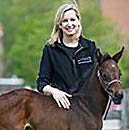
Amy Burk
Equine

Fabiana Cardoso
Dairy Cattle Management

Chris Hakenkamp
Statistics

Iqbal Hamza
Genetics

Younggeon Jin
Gastrointestinal Health & Physiology

Carol Keefer
Embryology, Reproduction, Graduate Program Director

Byung-Eun Kim
Nutrient Utilization & Metabolism

Rick Kohn
Nutrition

Li Ma
Statistical Genetics and Genomics

Kris Pelham Mayo
Animal Science

Tom Porter
Endocrinology, Poultry

Mohamed Salem
Aquaculture

Andrew Schiffmacher
Mammary Gland Development

Jiuzou 'John' Song
Genetics and Statistical Genomics

Nishanth Sunny
Nutrition

Lisa Taneyhill
Reproduction, Endocrinology

Monica VanKlompenberg
Physiology, Lactation, Internships

Zhengguo Xiao
Reproduction, Epidemiology
